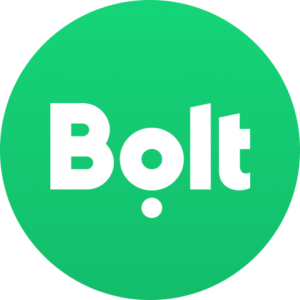Late last year, having increased fares across markets it operates in Africa, Bolt followed suit with an upward review of prices in Nigeria starting with Abuja by 15% and then, Lagos. The mobility company cited the need to adjust to the then market realities and a response to the protests by its driver partners to cushion the effect of the rising inflation and other macroeconomic conditions in Nigeria. A well-received and applauded move by the drivers then while the passengers, the paying section of the business, bore the brunt especially during last year’s Christmas celebrations where costs for rides surged to unprecedented rates.

In a turn of events, few days ago, Bolt announced a review of its prices thereby rescinding last year’s price hike, citing the need to balance the marketplace as the primary reason for this new pricing adjustment and template post-yuletide price surges. Drivers on other platforms, from our conversations, have noticed a decline in ride requests and an inconsequential reduction in their trip prices. This is not unconnected with the general slump in purchasing powers in the country and the return of foreign visitors back to their bases.
While this is seen as a relief and positively welcomed by the commuting public who could not afford the service last Christmas, the Amalgamated Union of App-Based Transporters of Nigeria (AUATON) decried the decision by the company in light of the current cost of running their cars on the platform amidst a biting inflation in the country that is headed towards 40% and expressed readiness to embark on a protest in the coming days.
In a market segment with zero switching cost and price-sensitive customers, we expect a reaction from Bolt’s main rival Uber and others like In-Drive and Rida. Bolt could also see a sharp churn of its rider partners to these rivals pending a corresponding pricing adjustment on those platforms or a return to favourable pricings.

